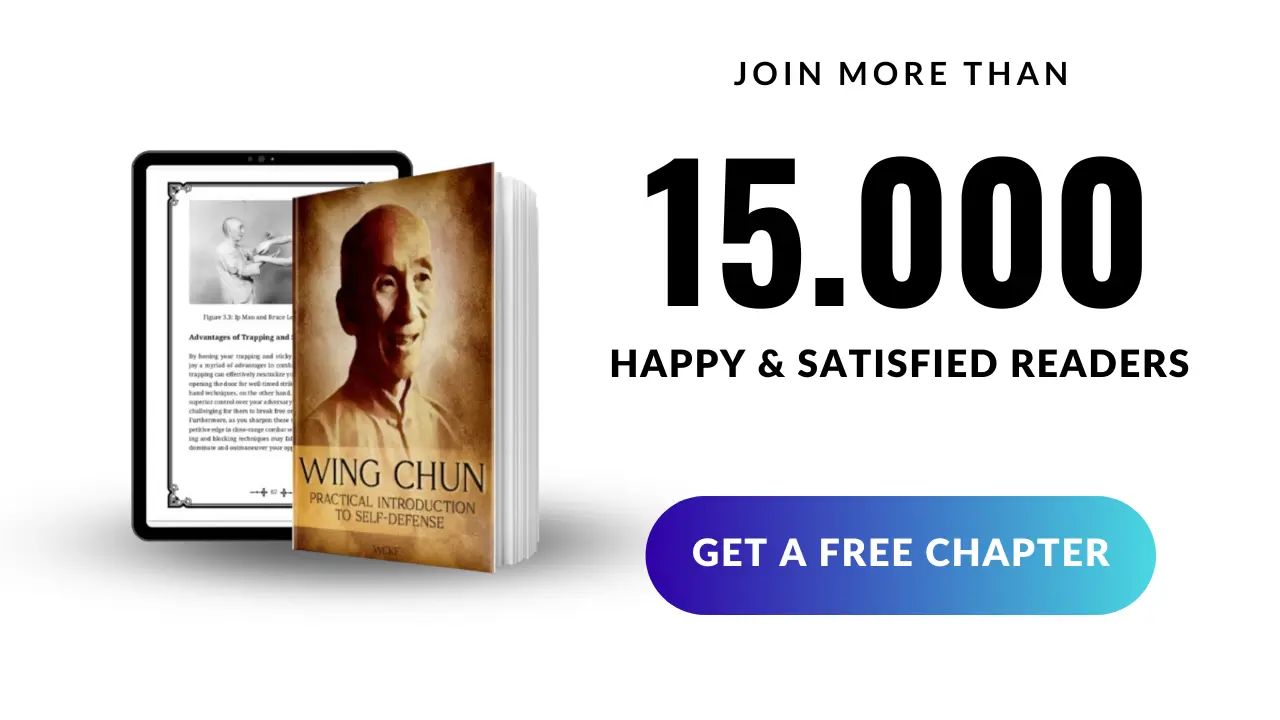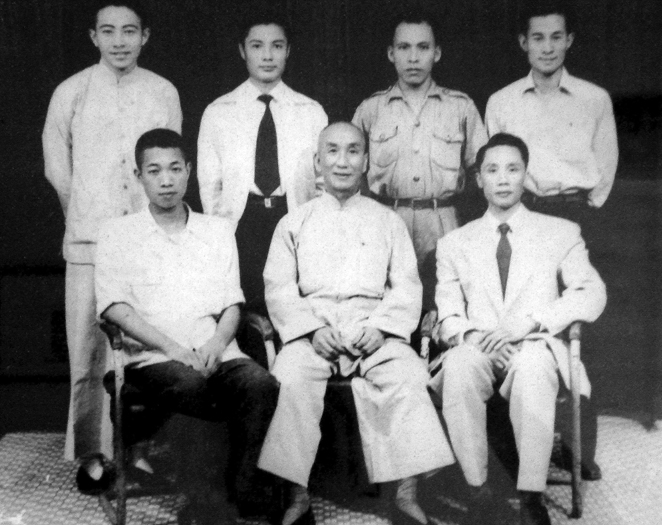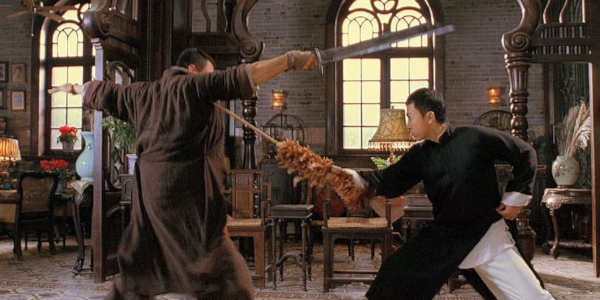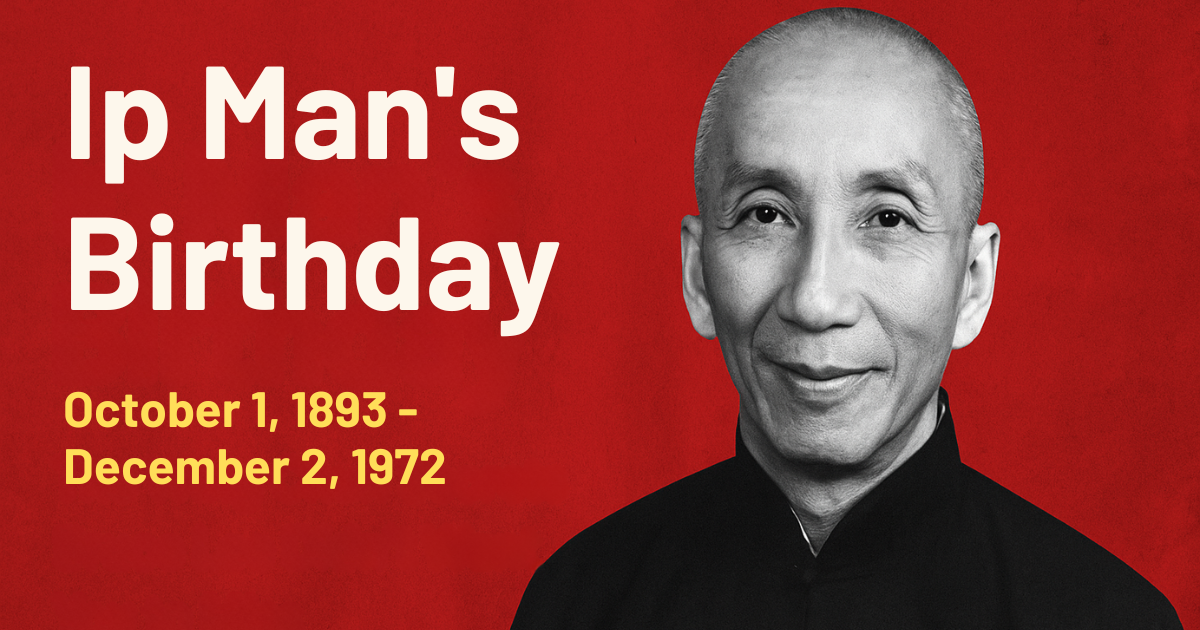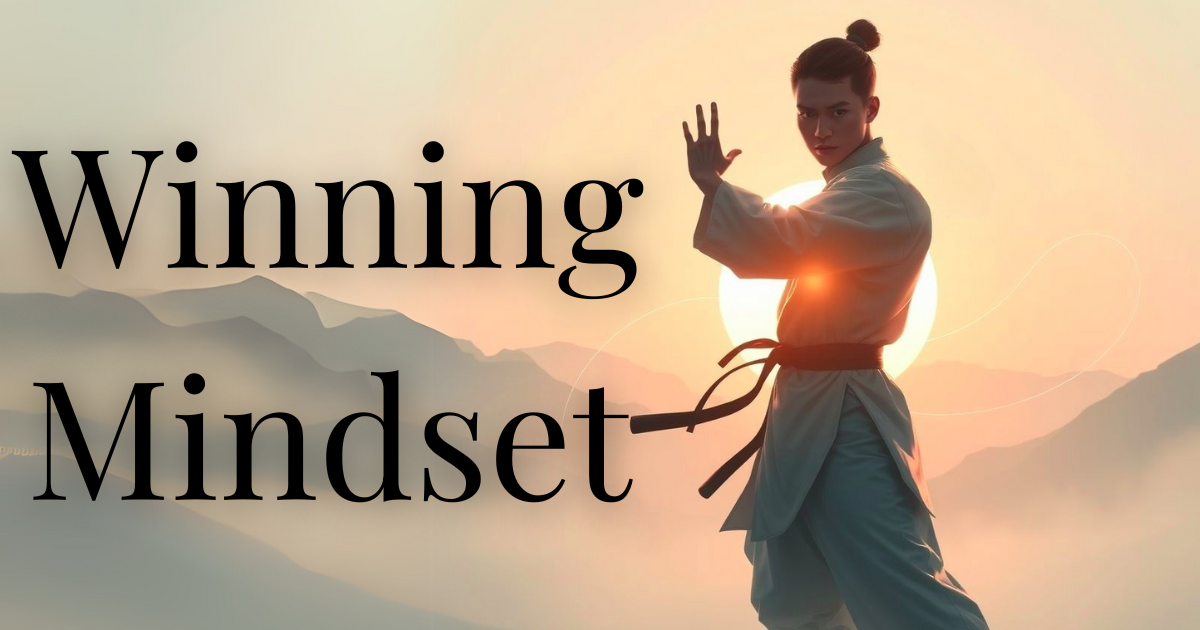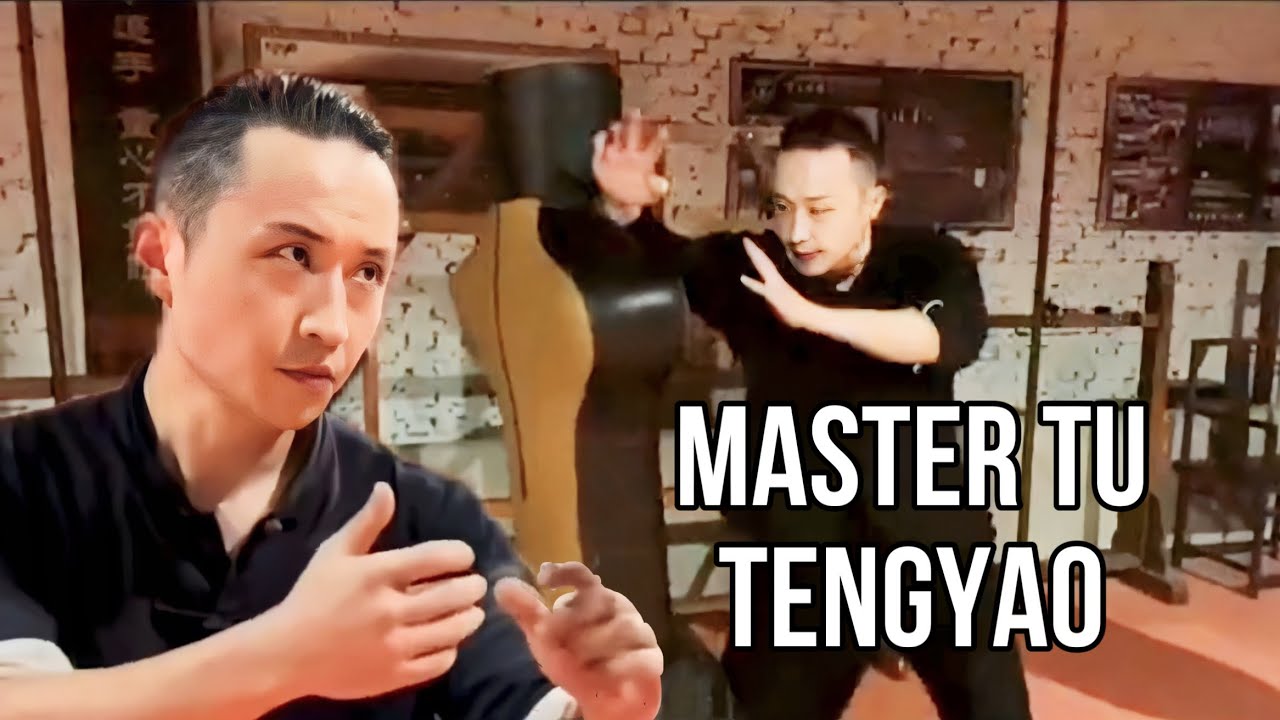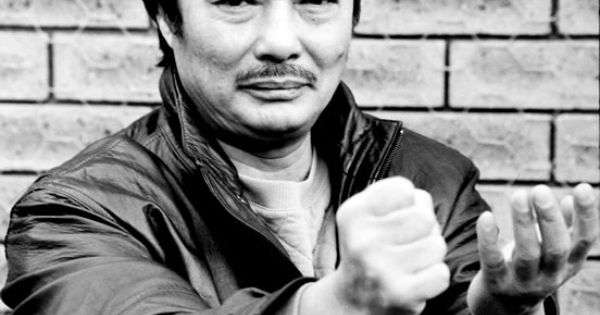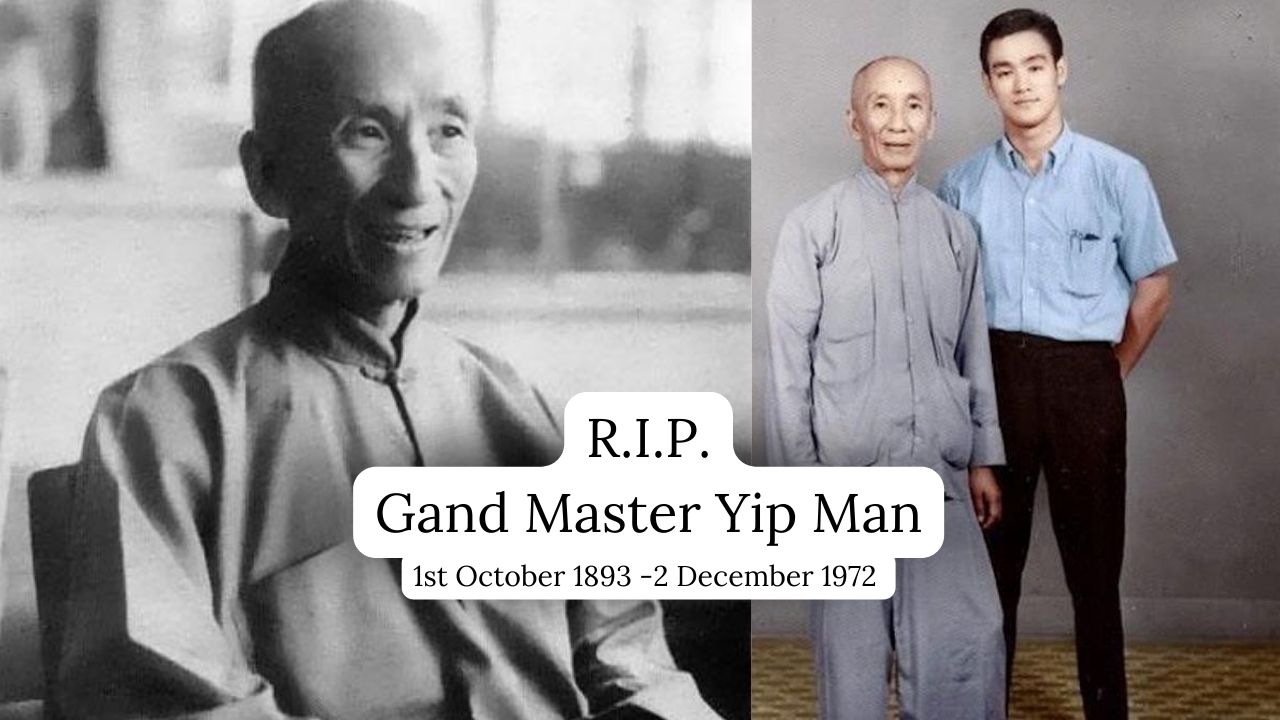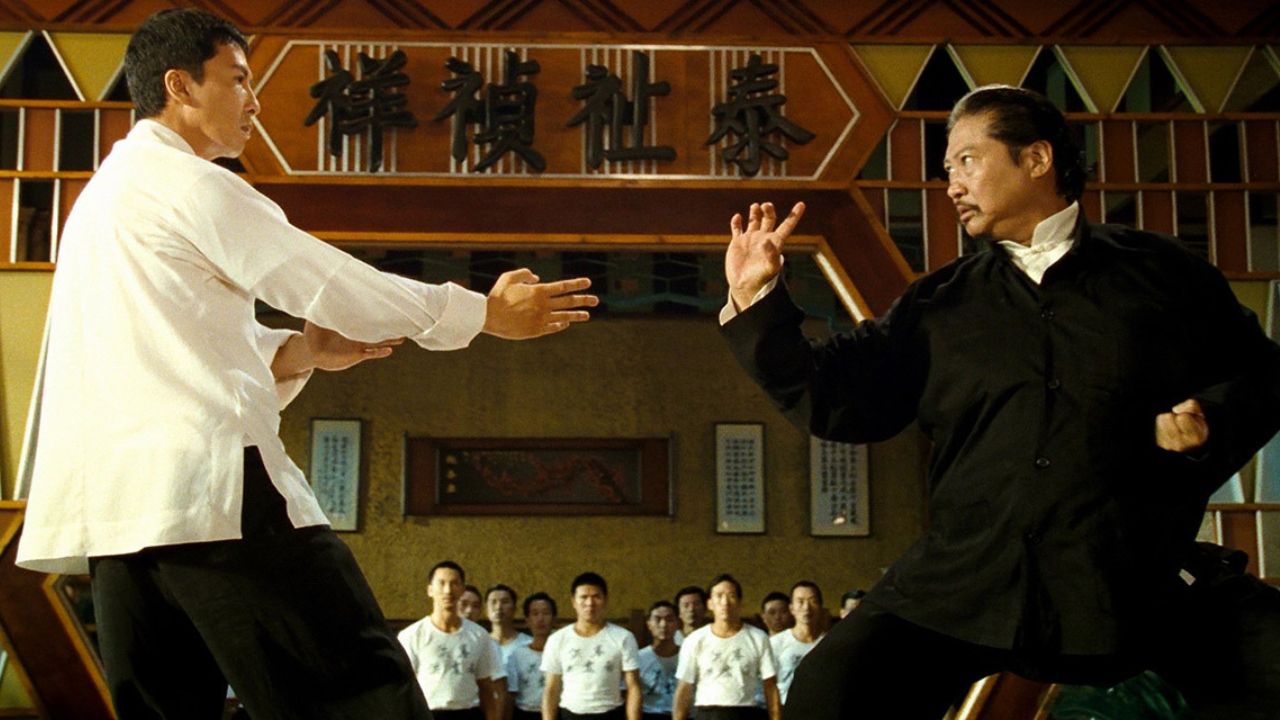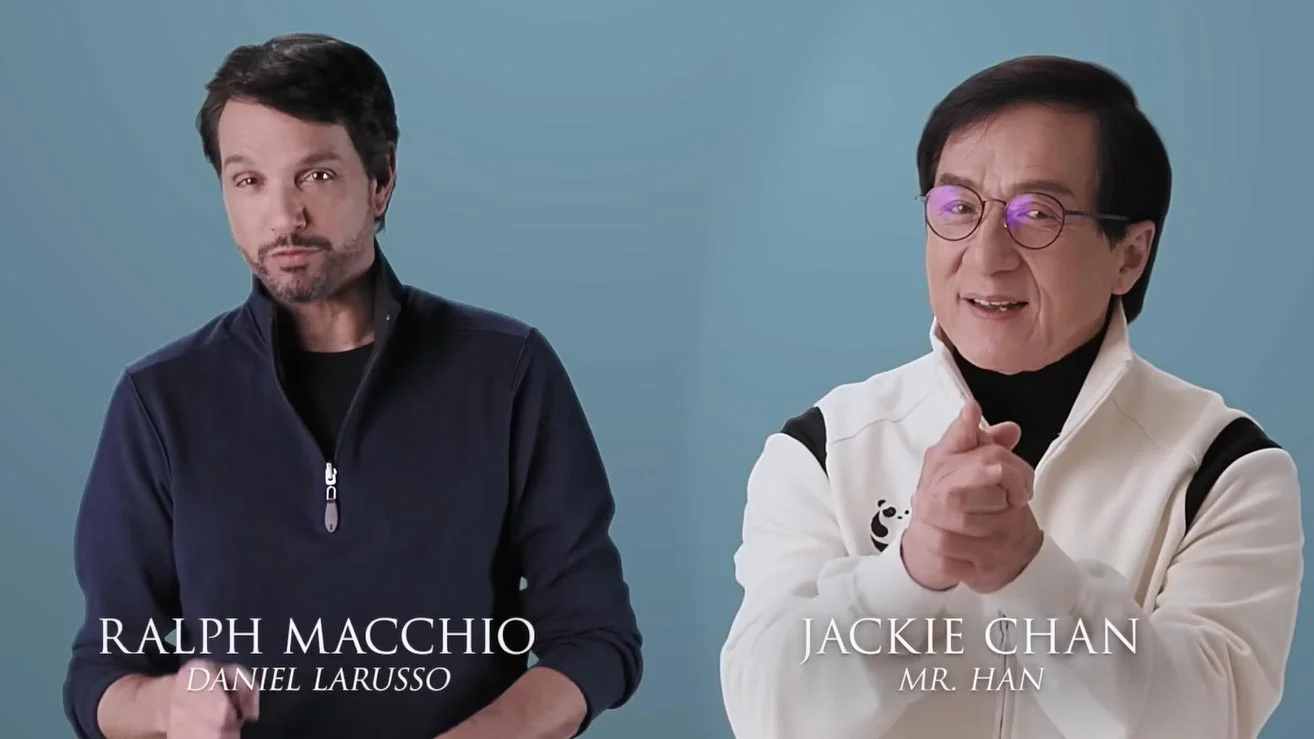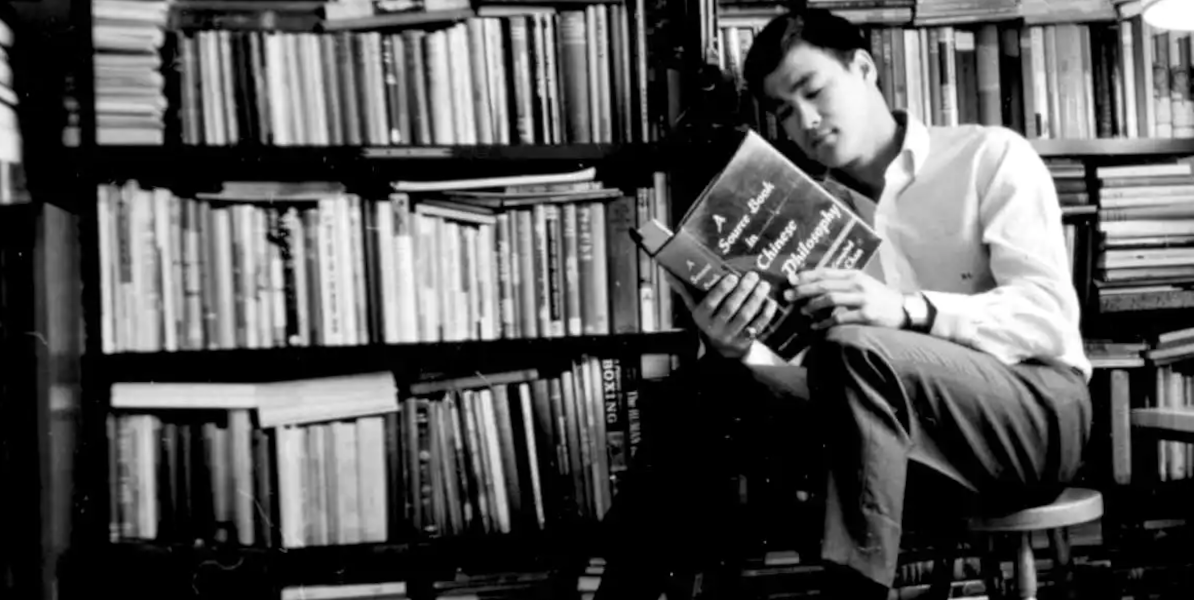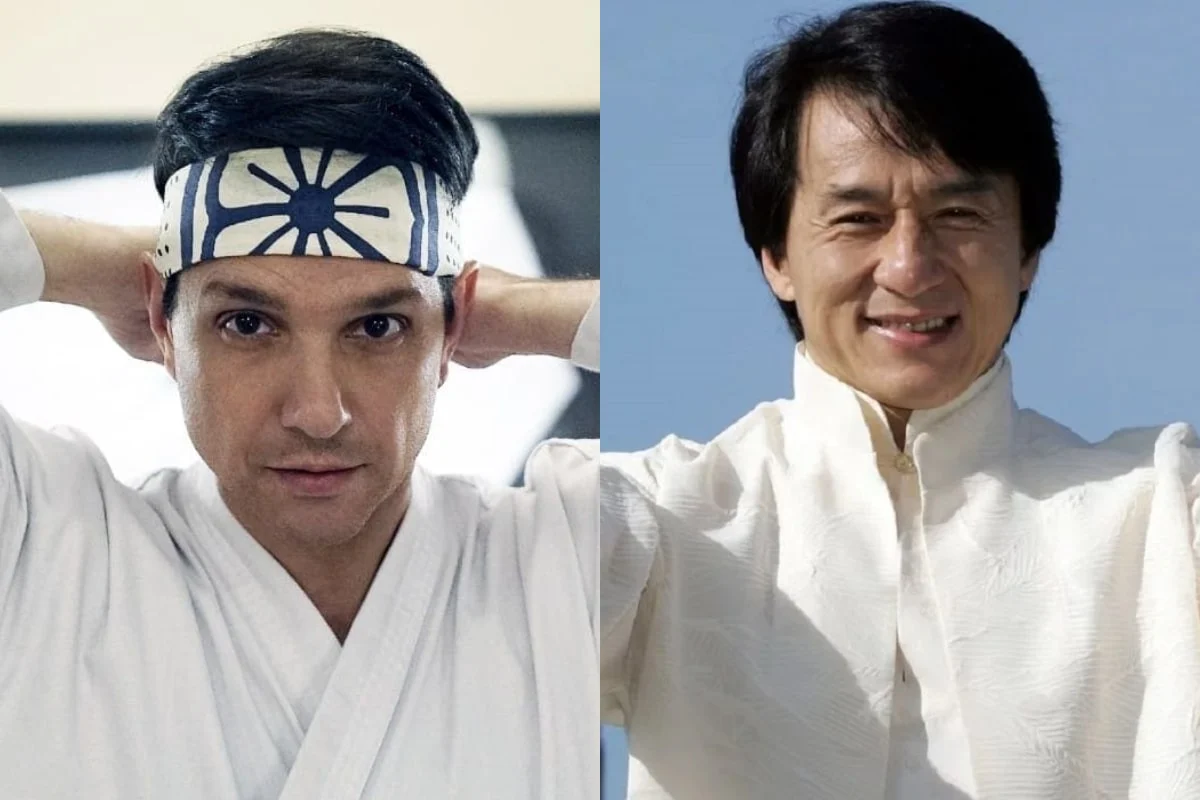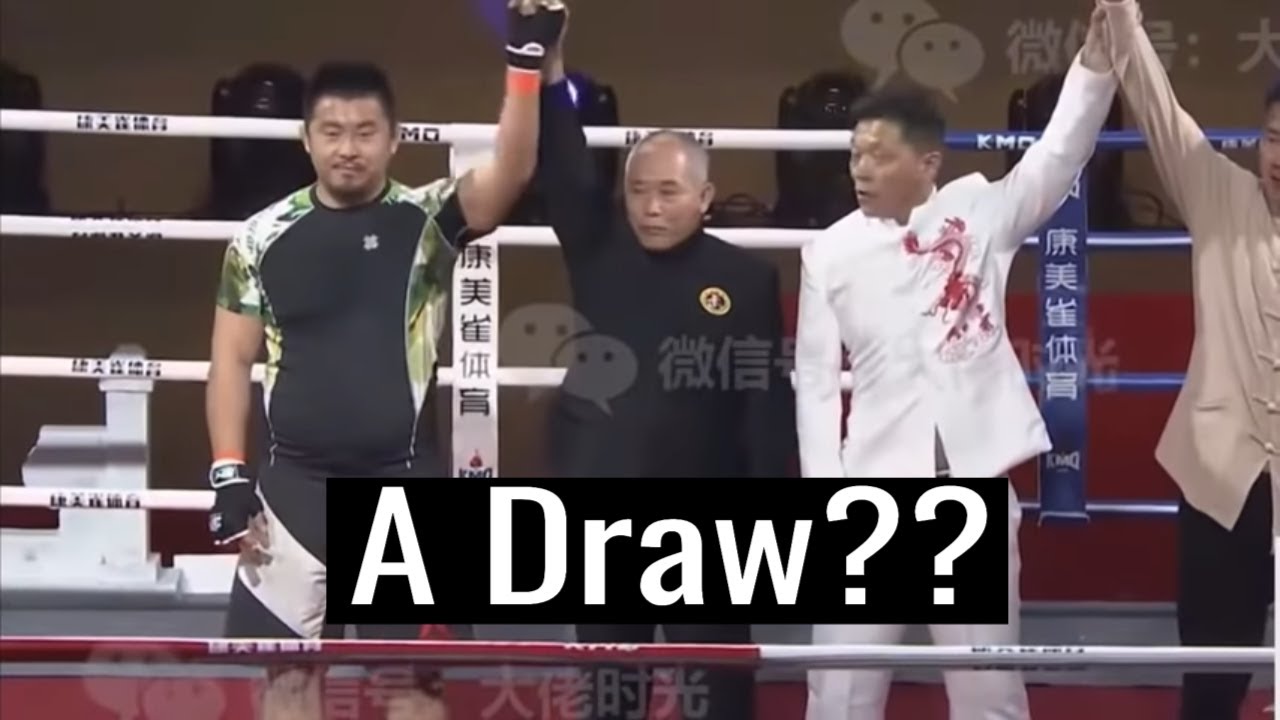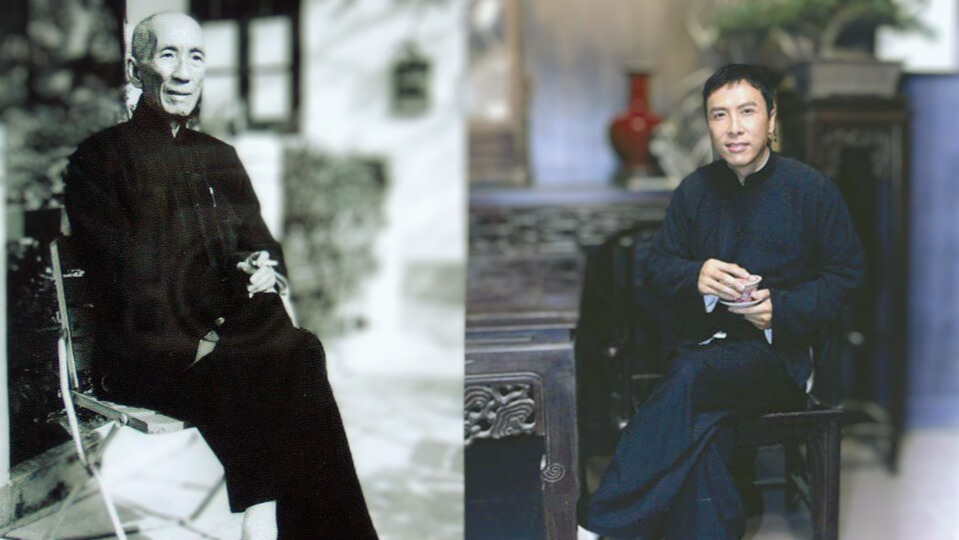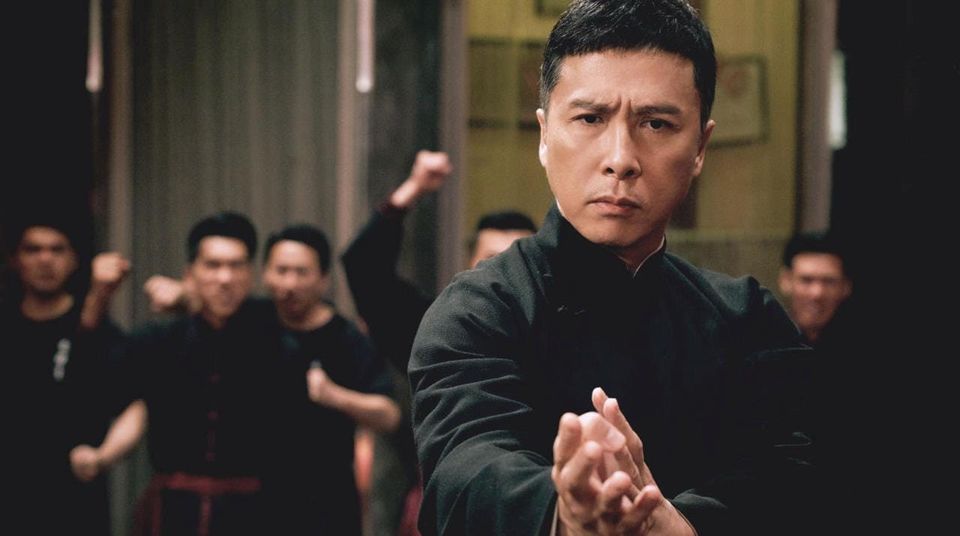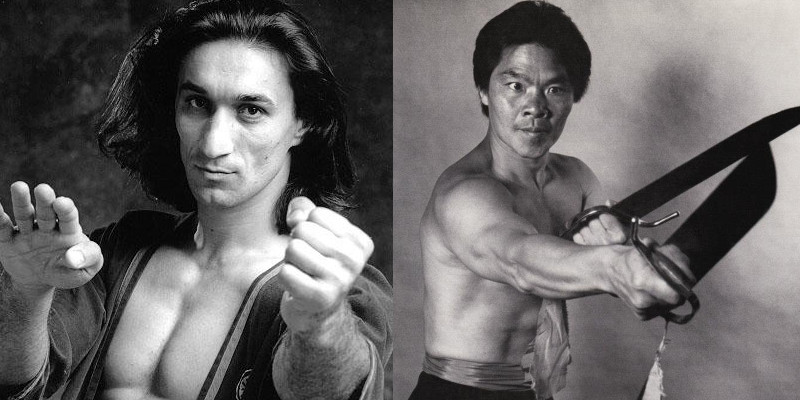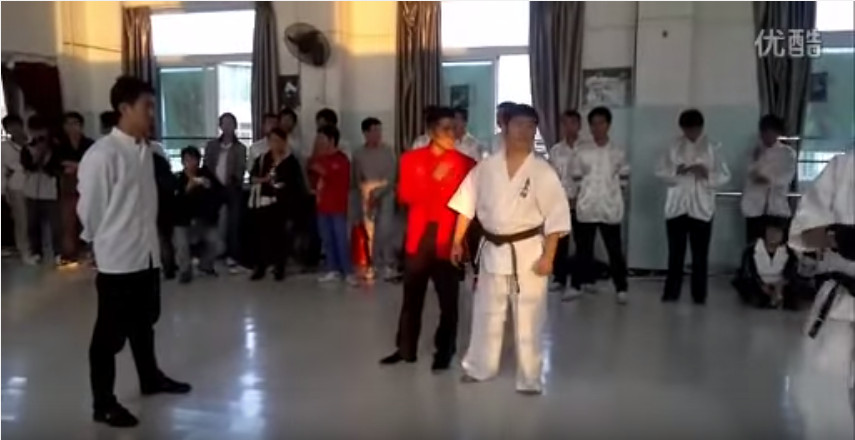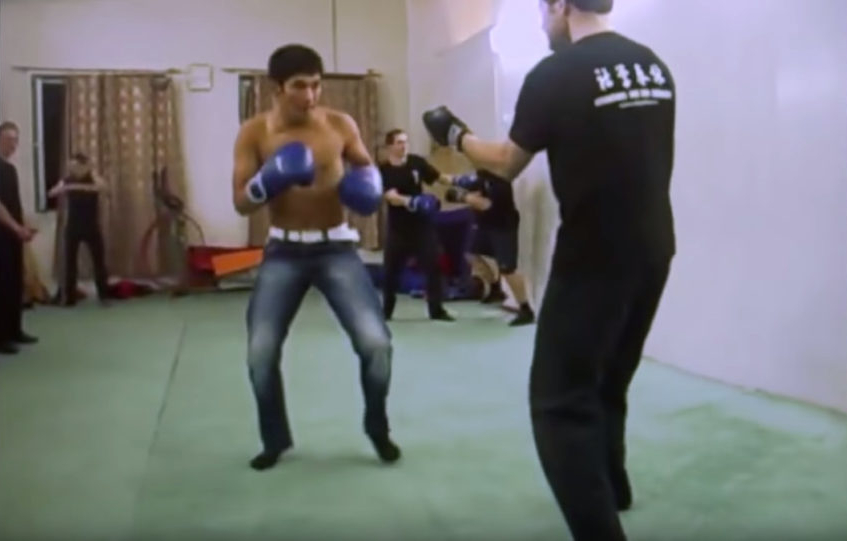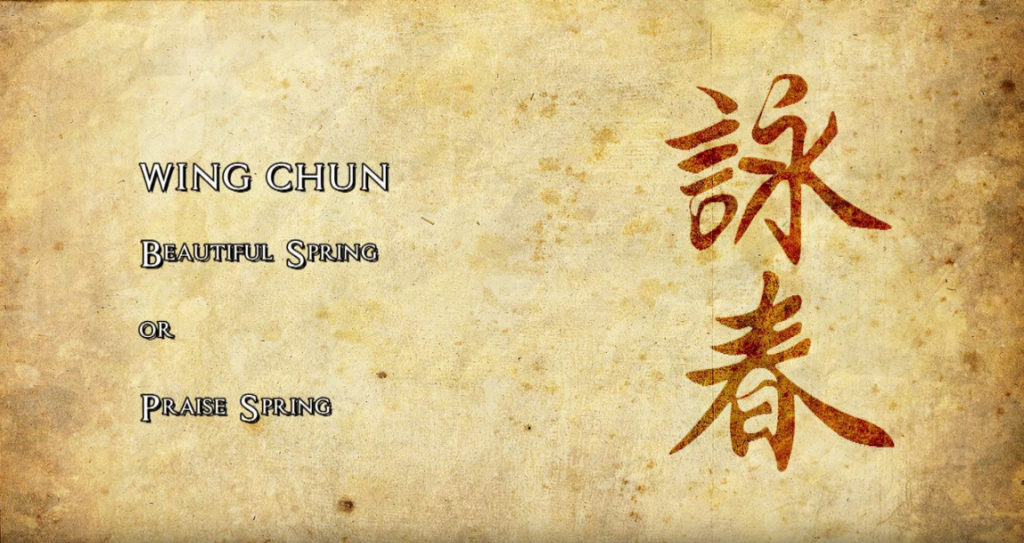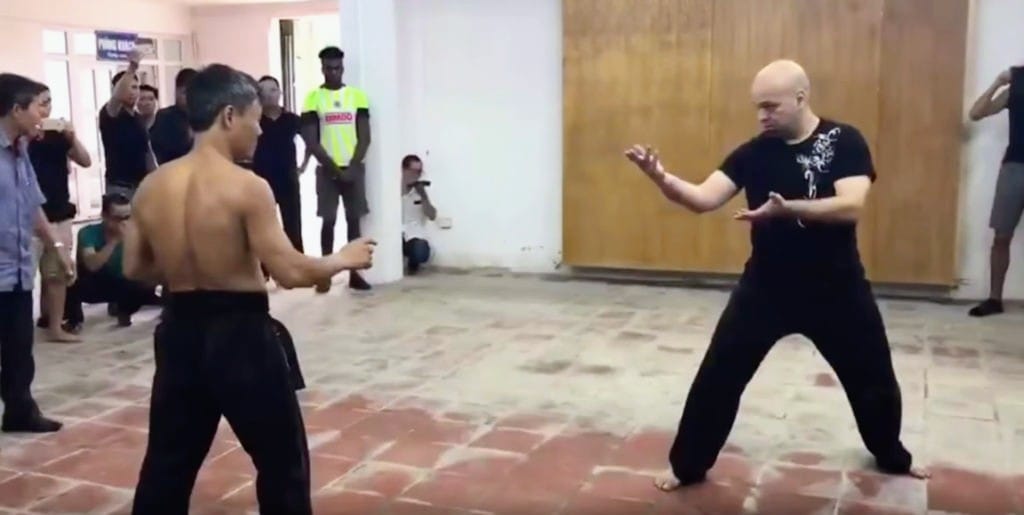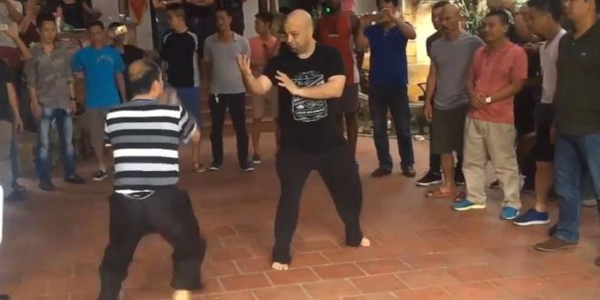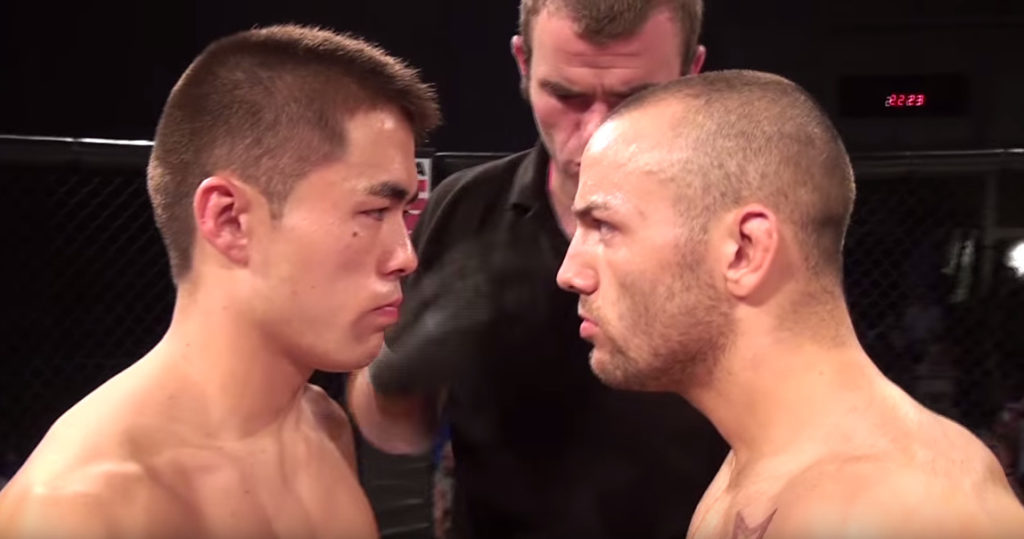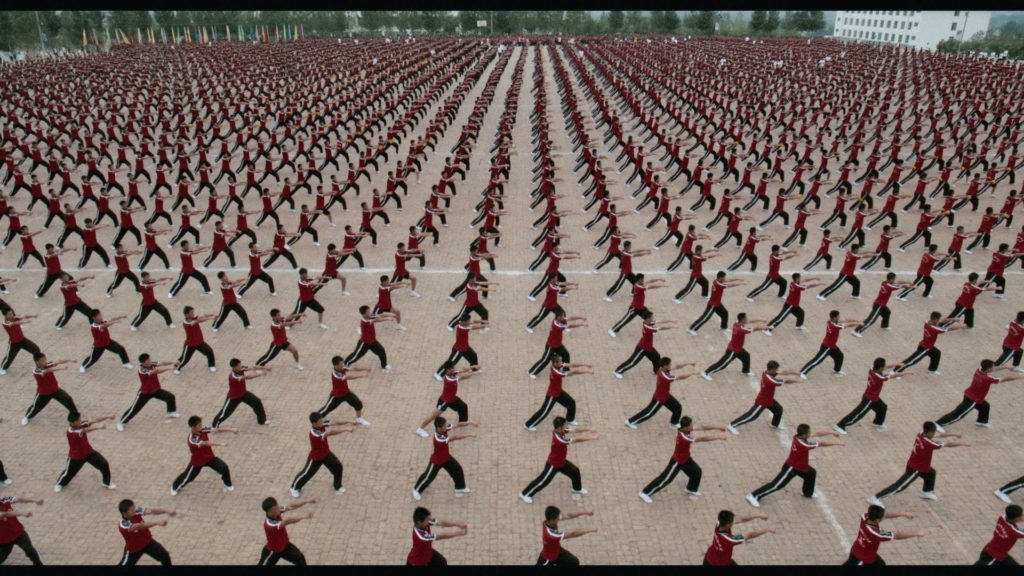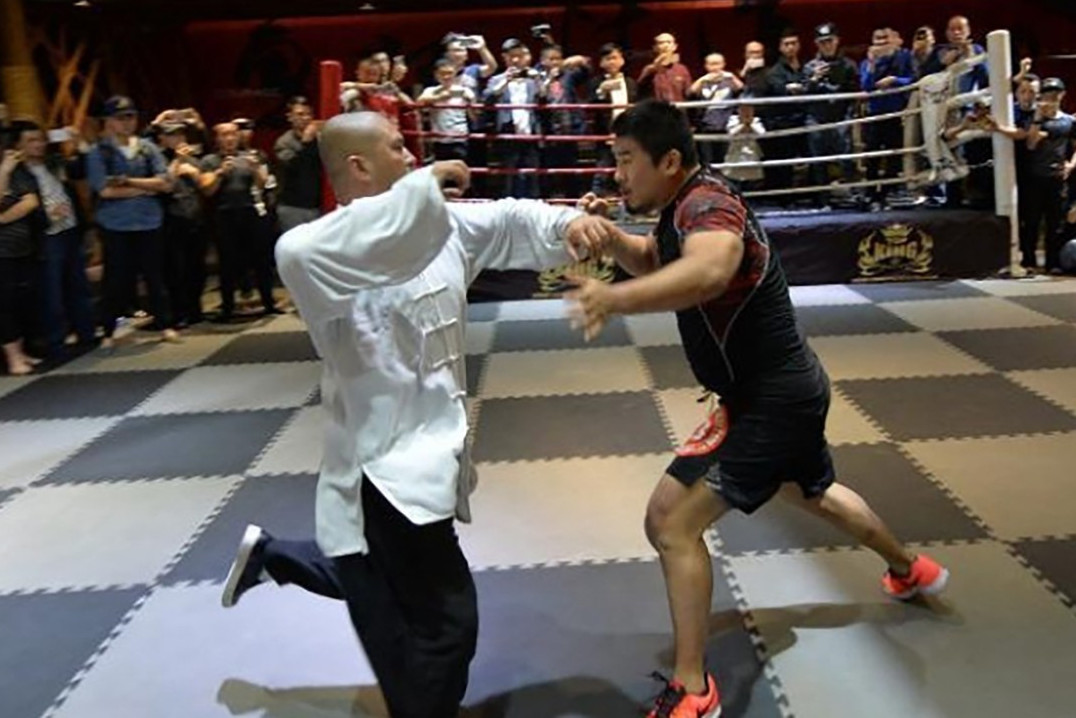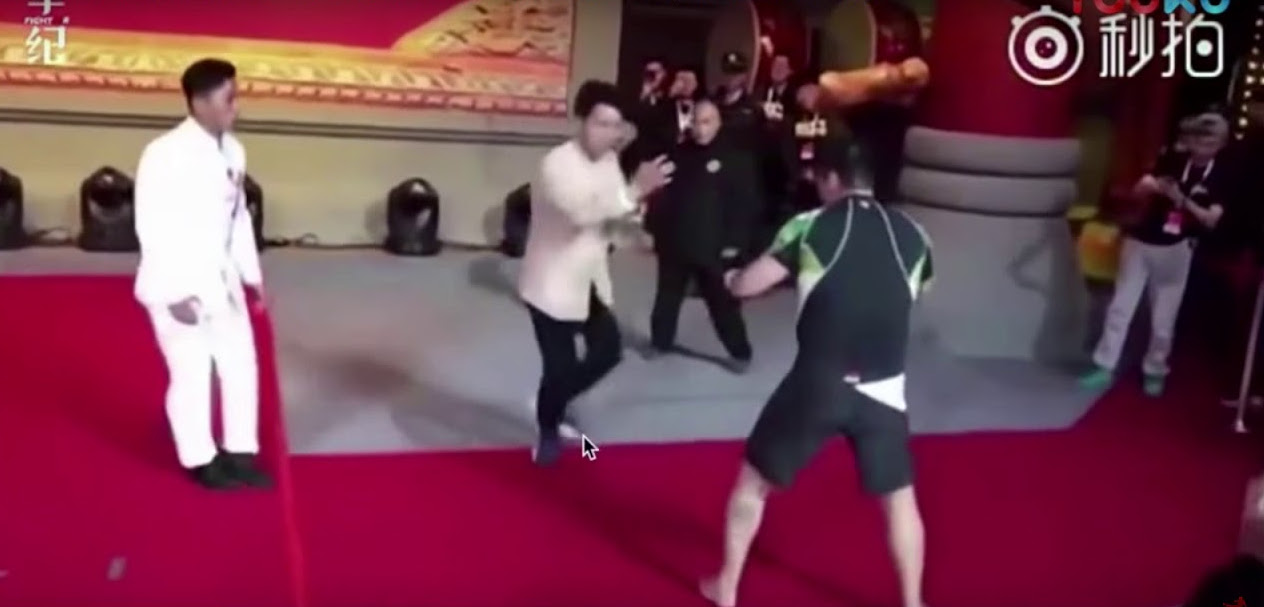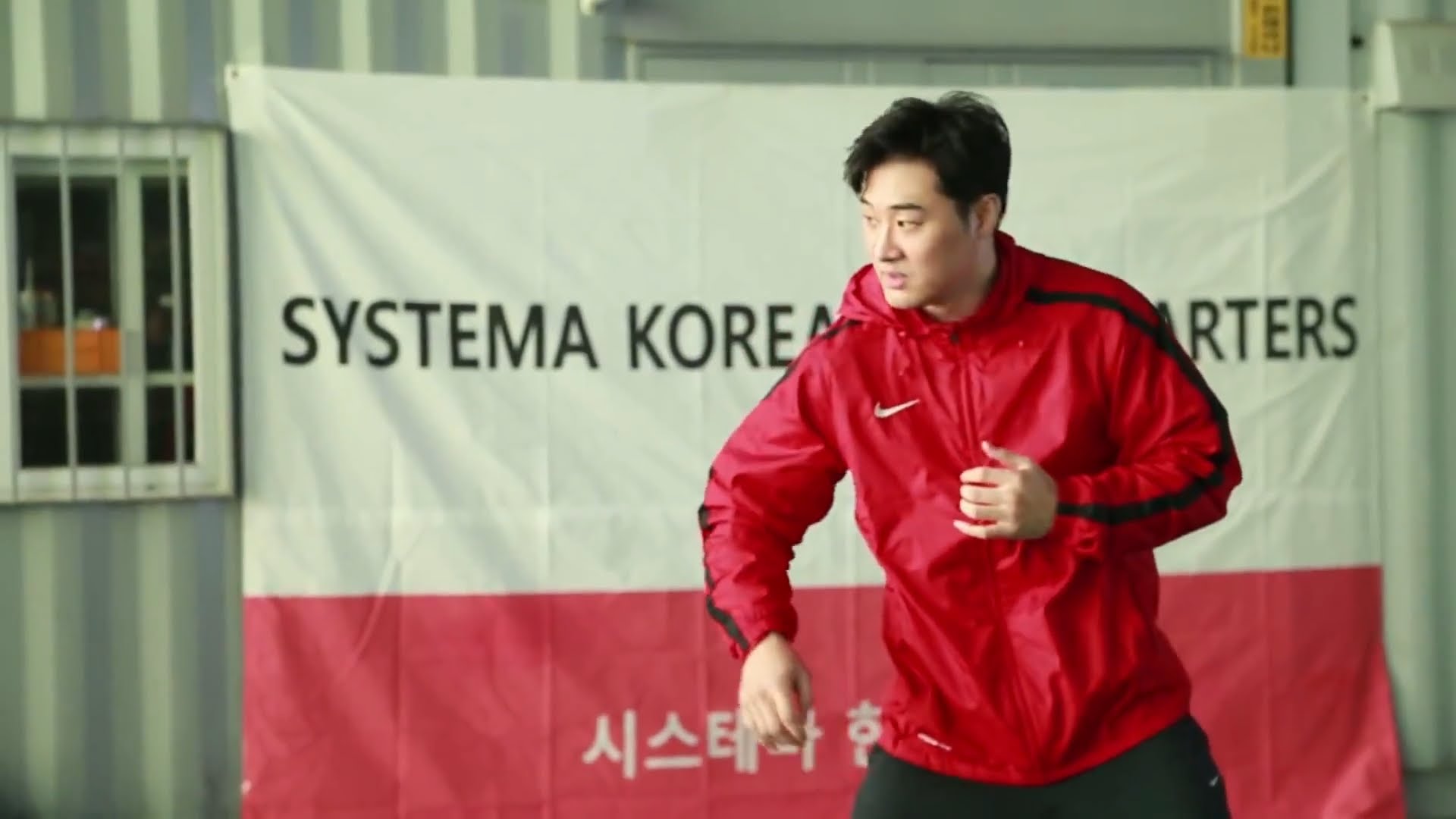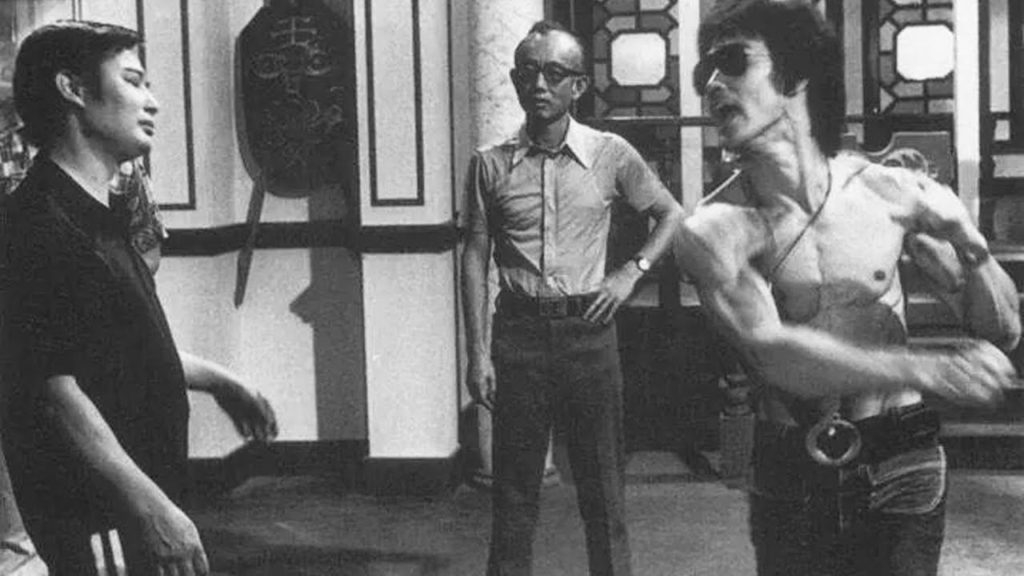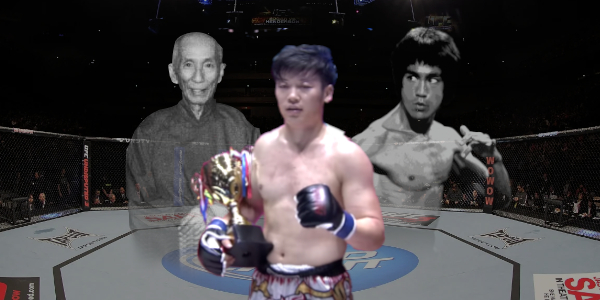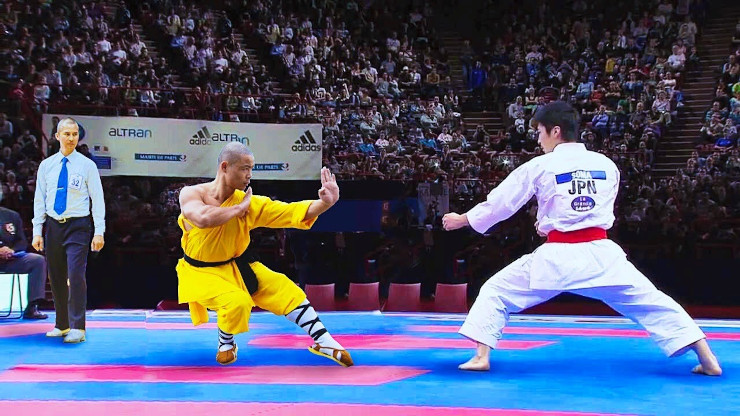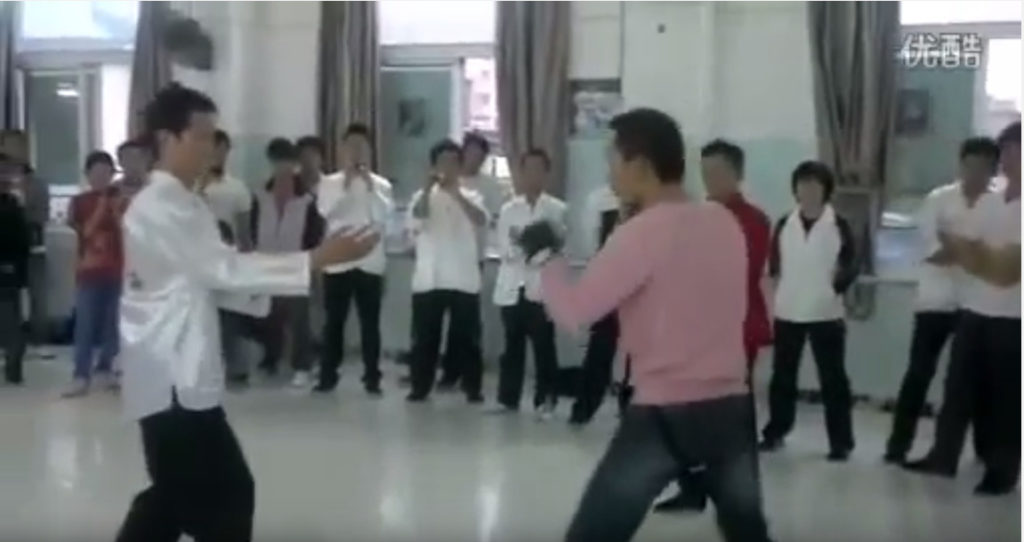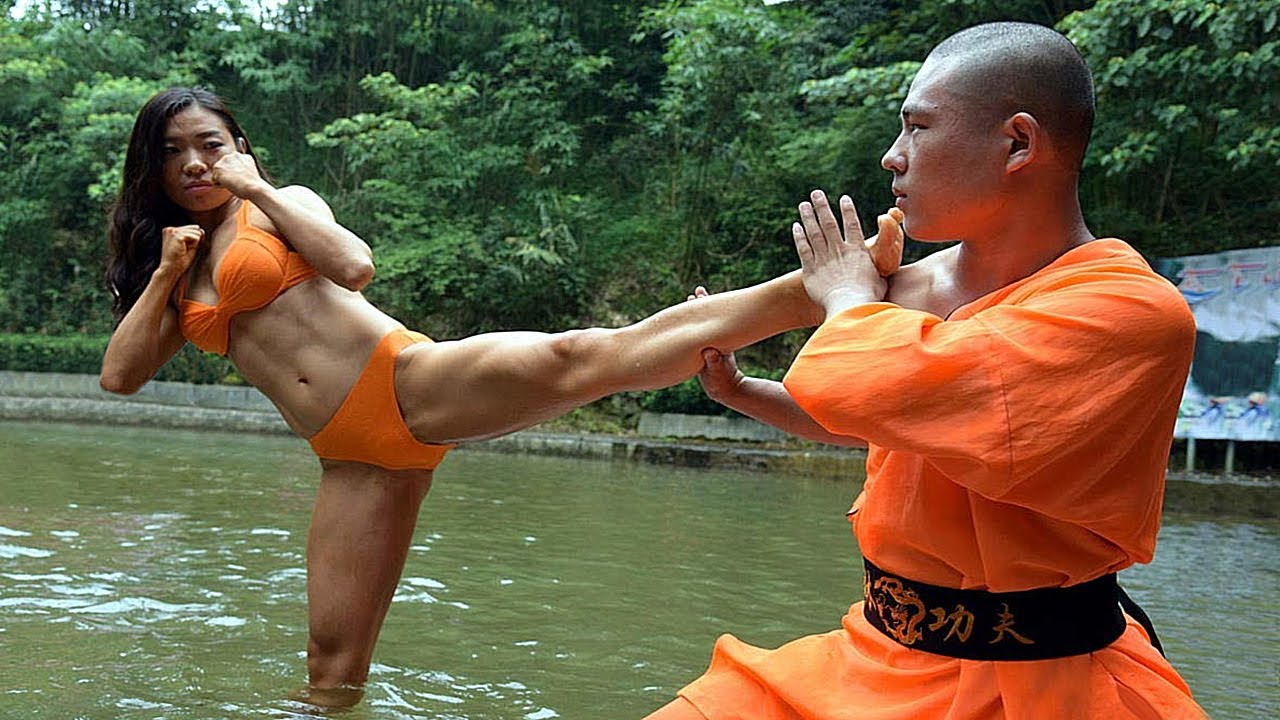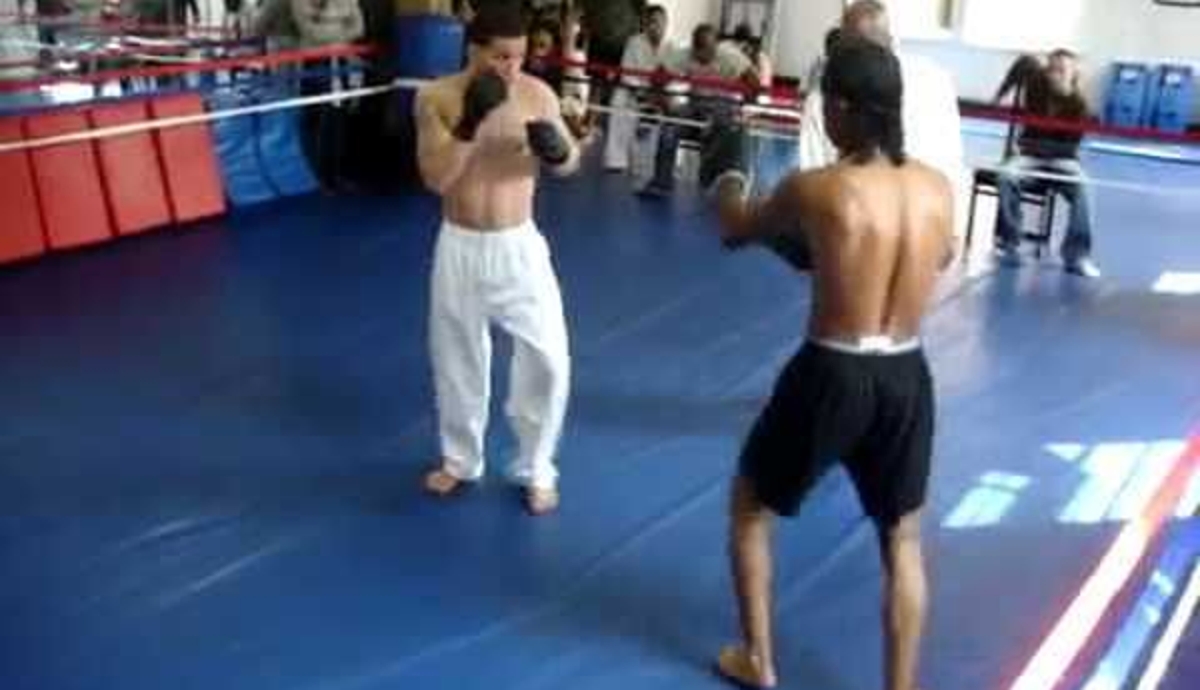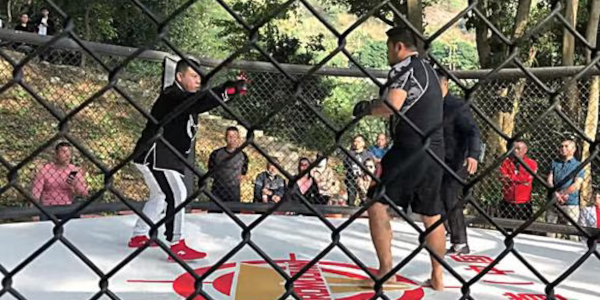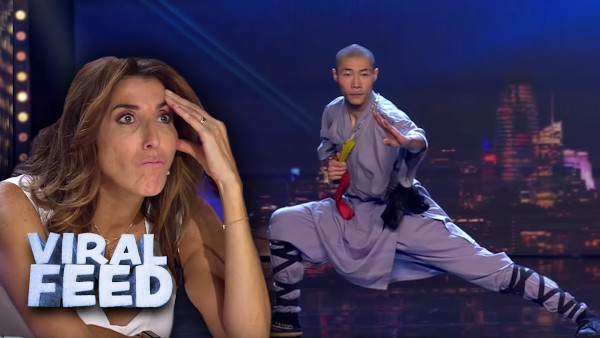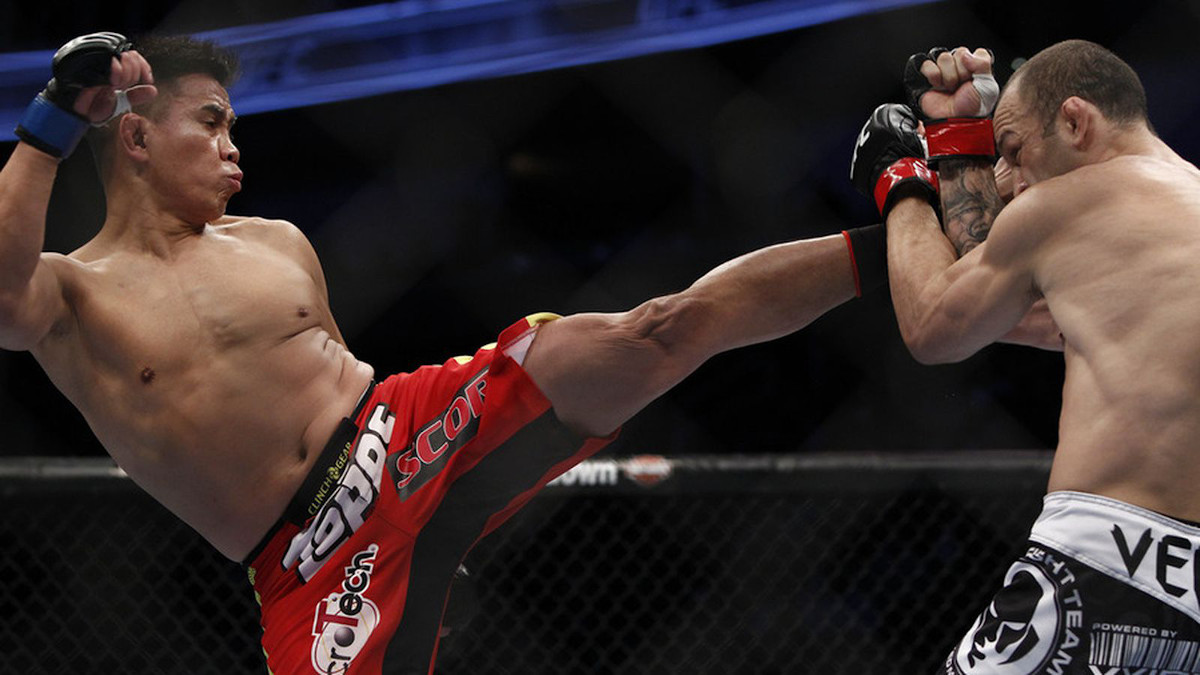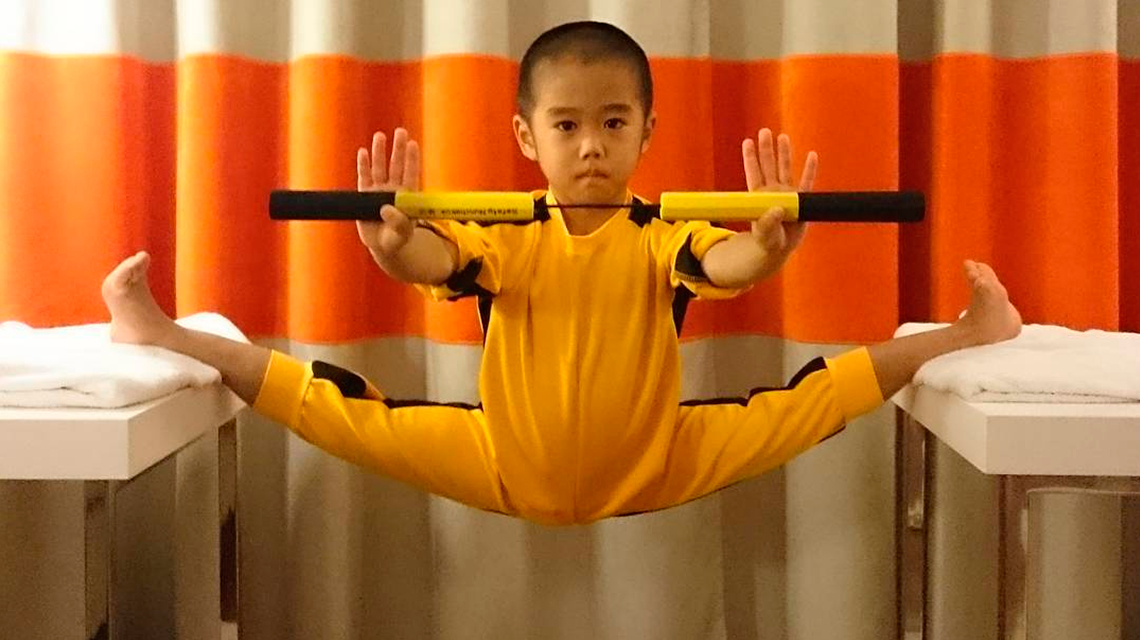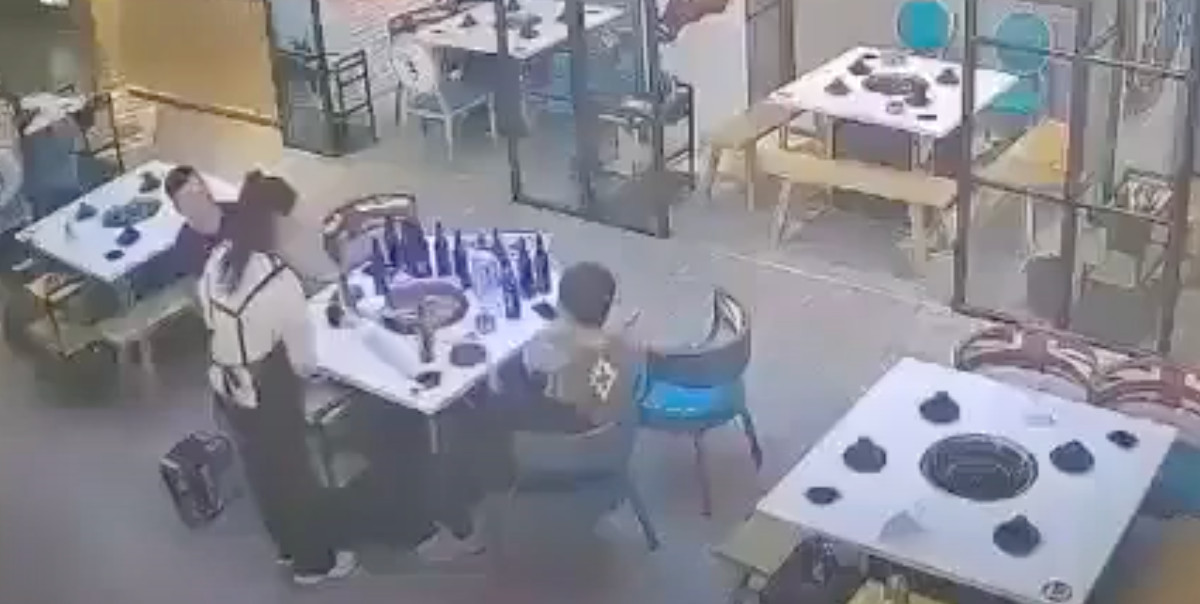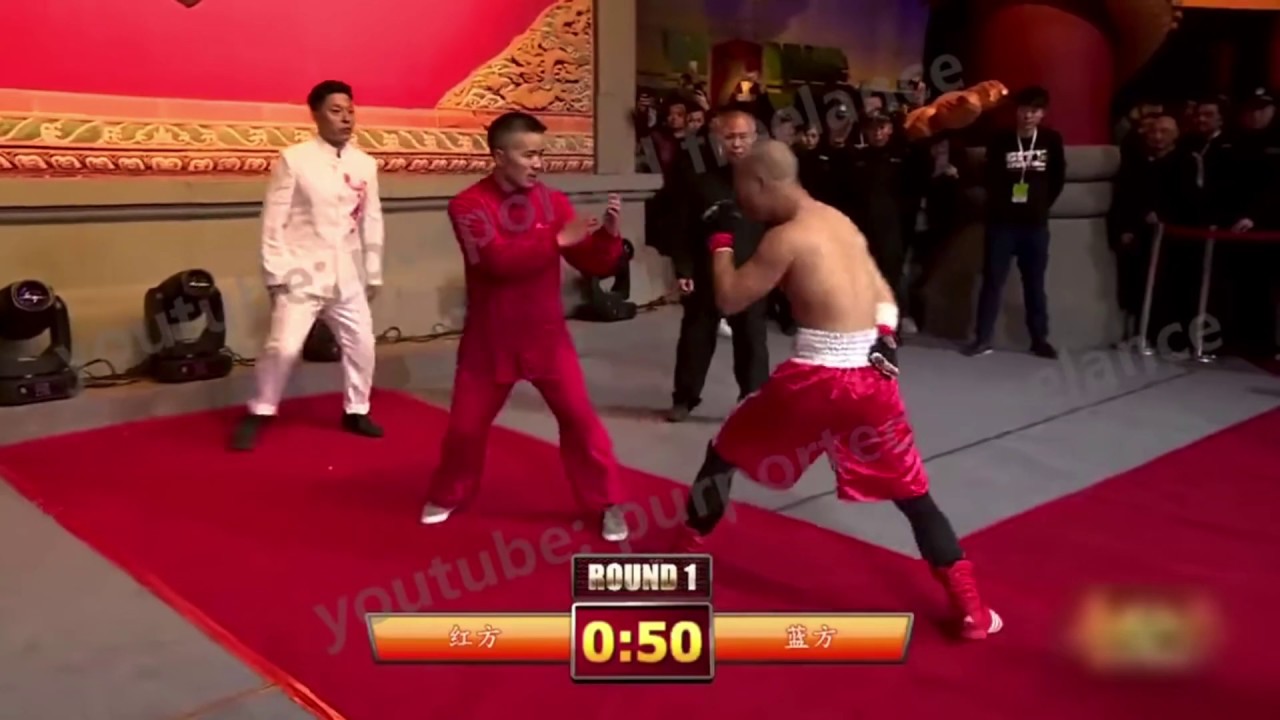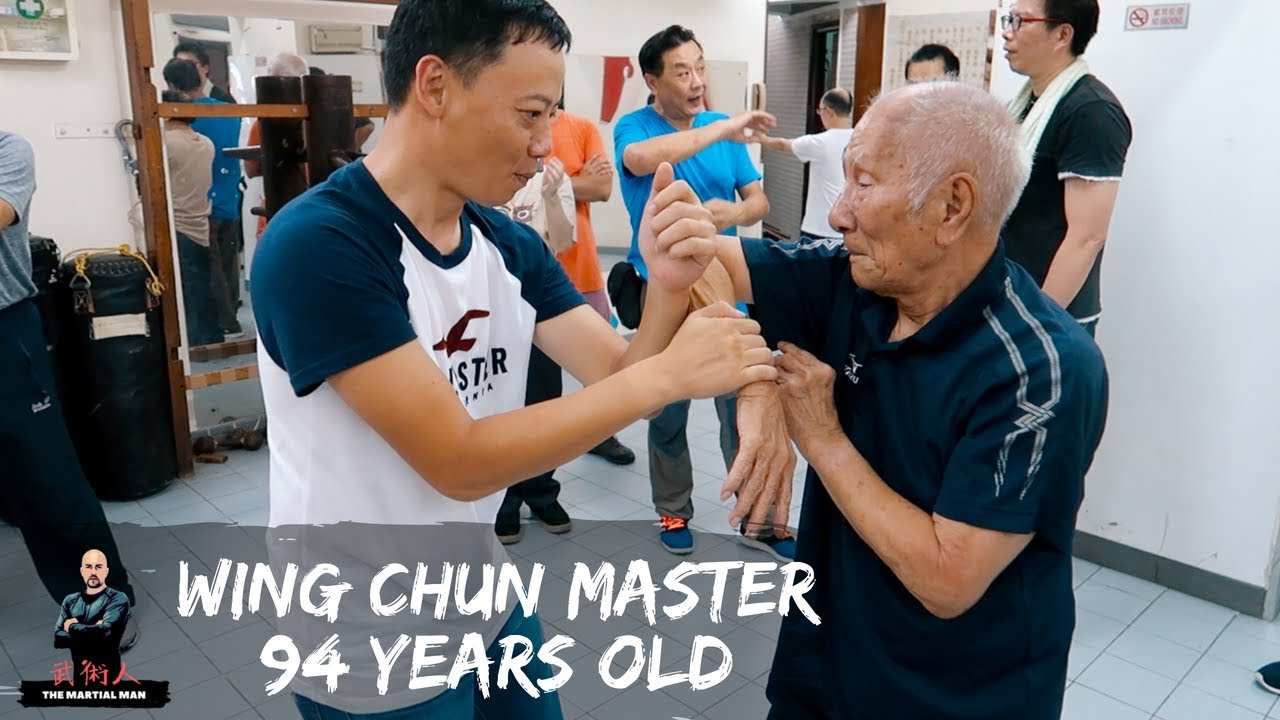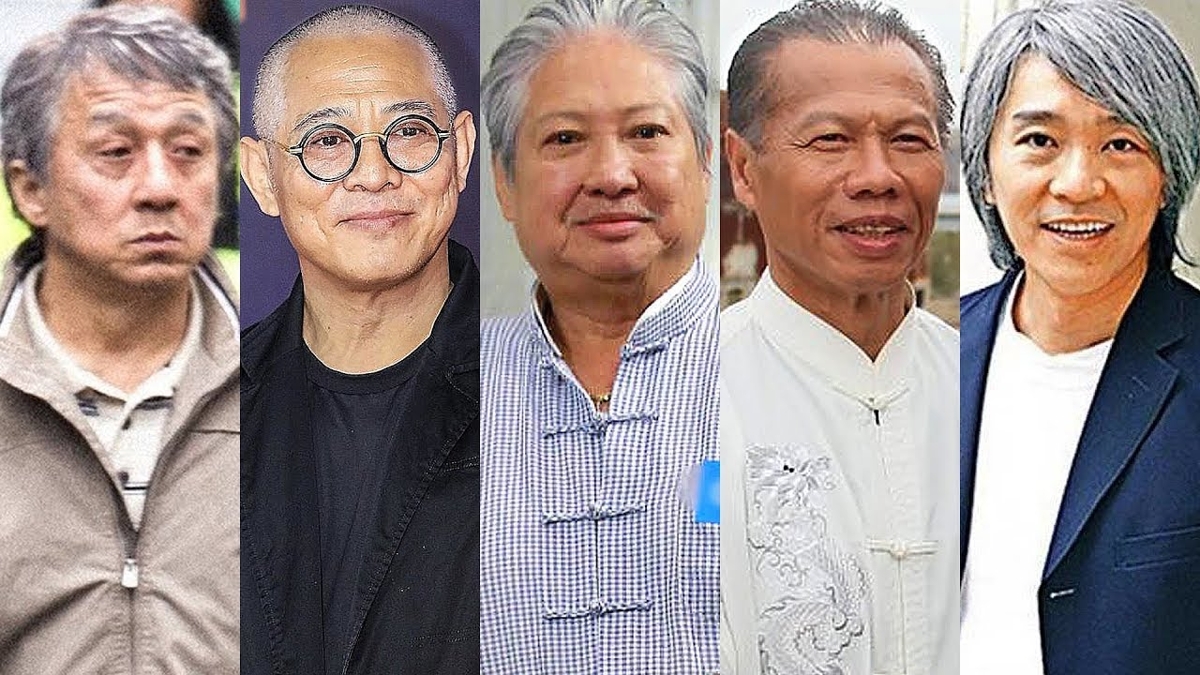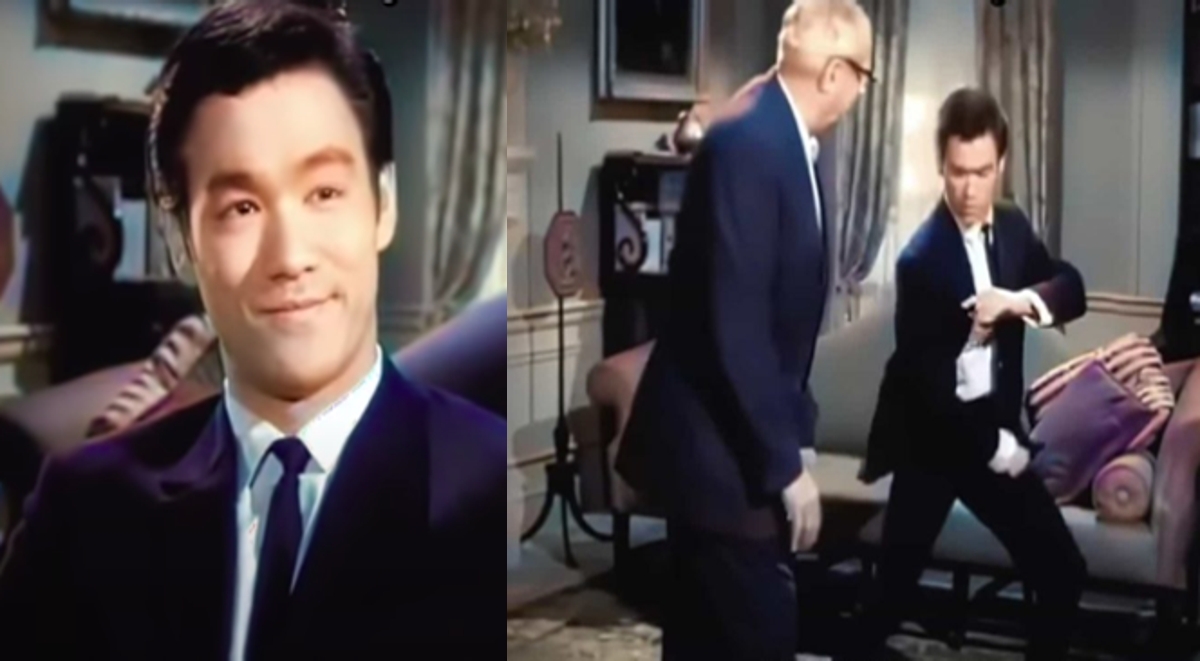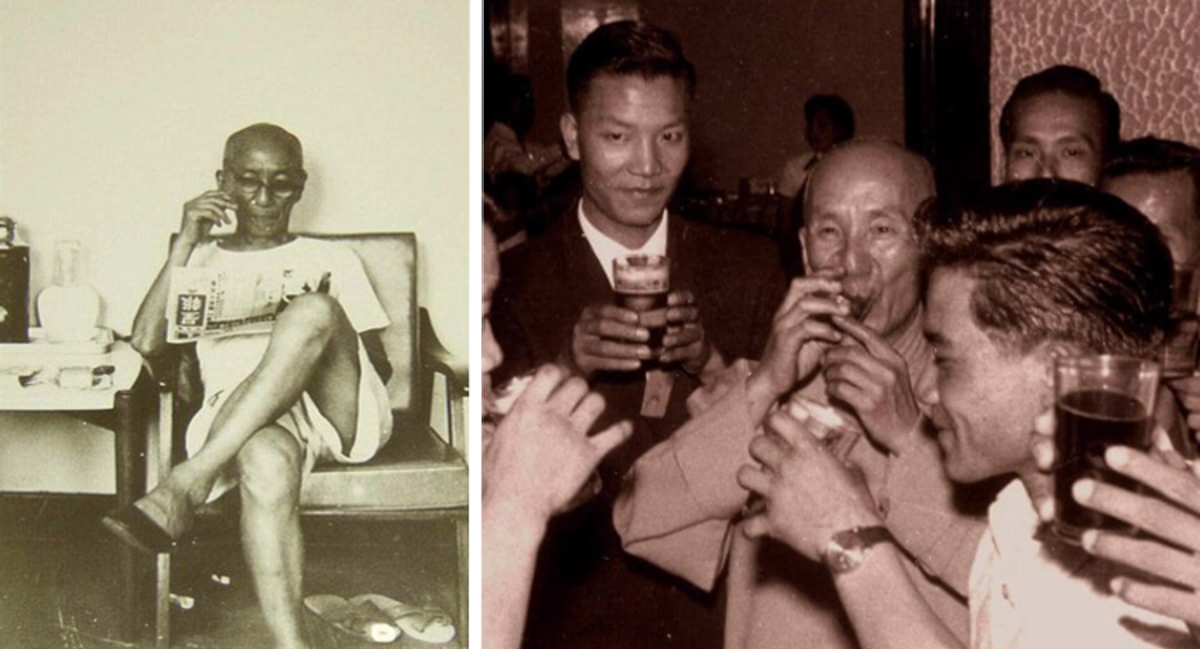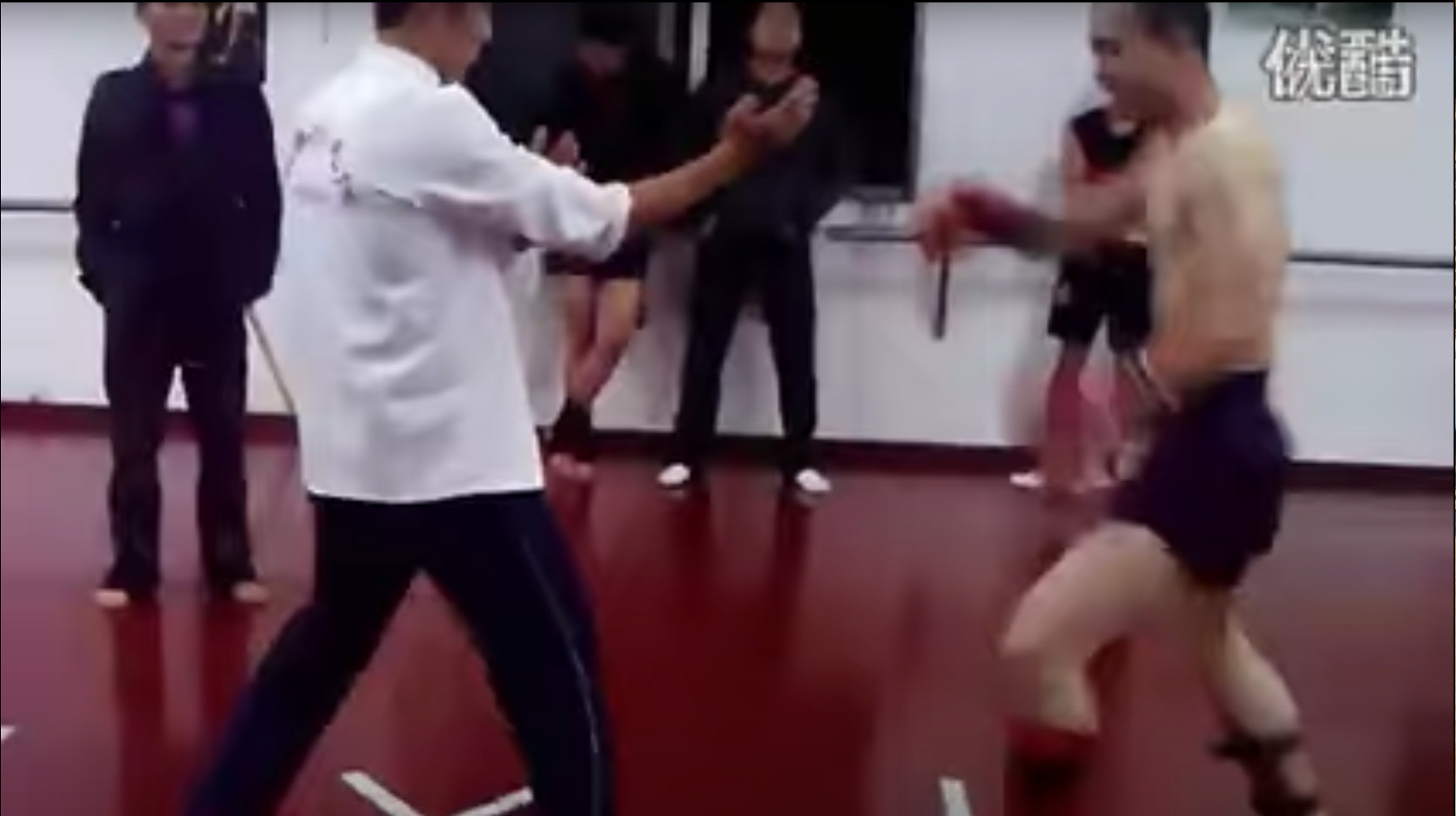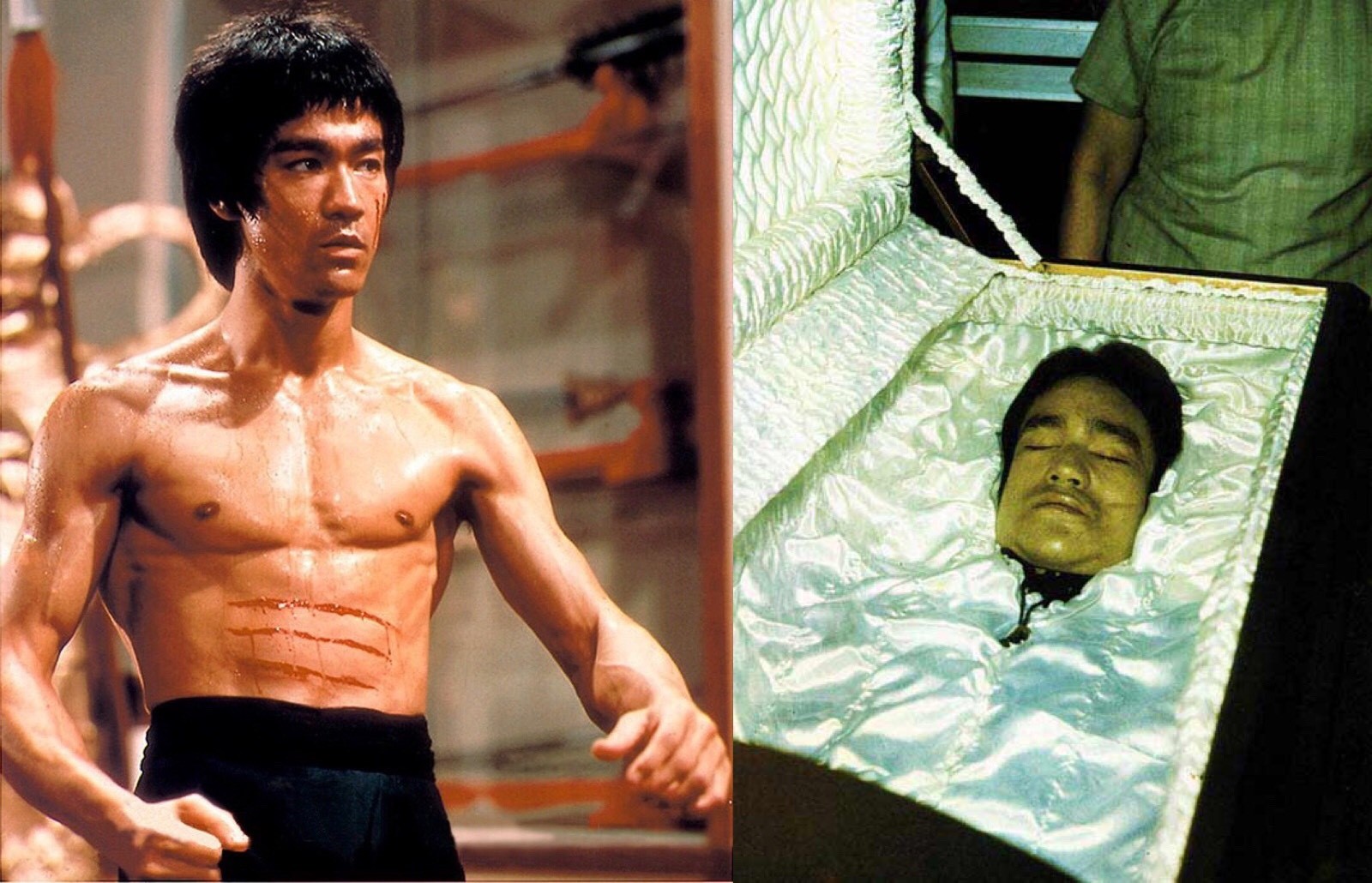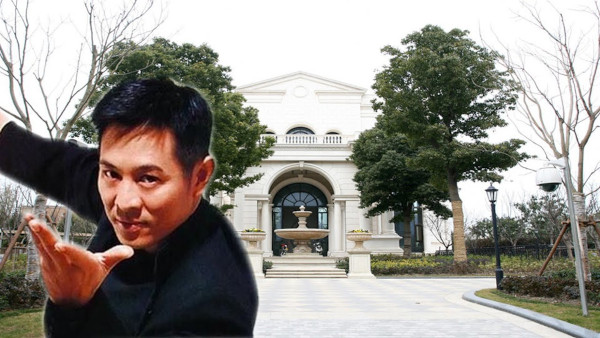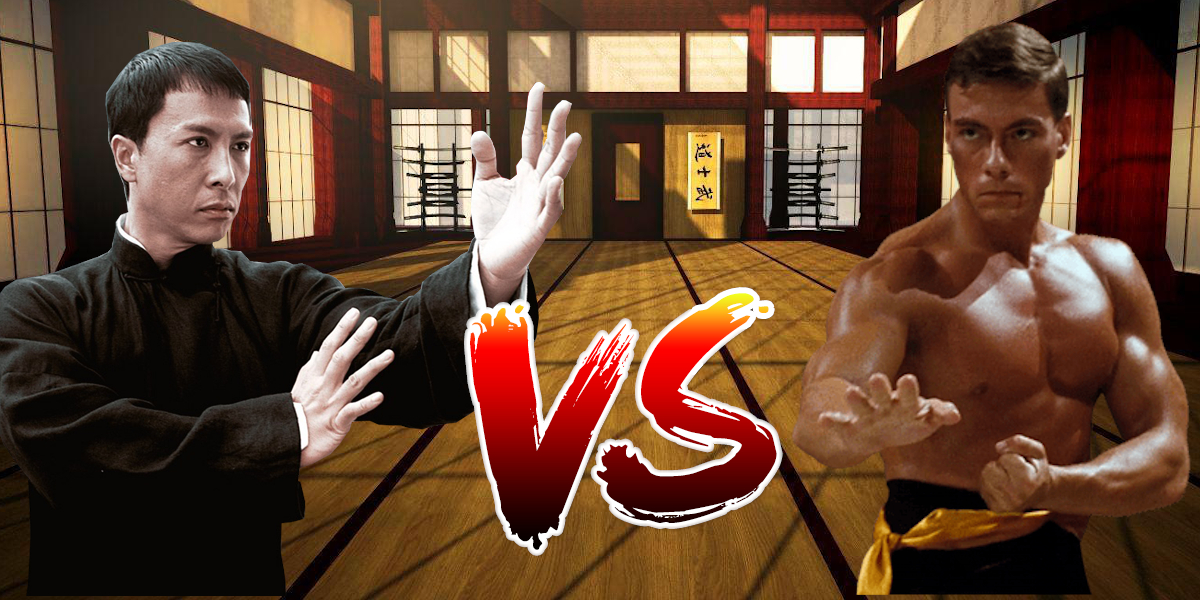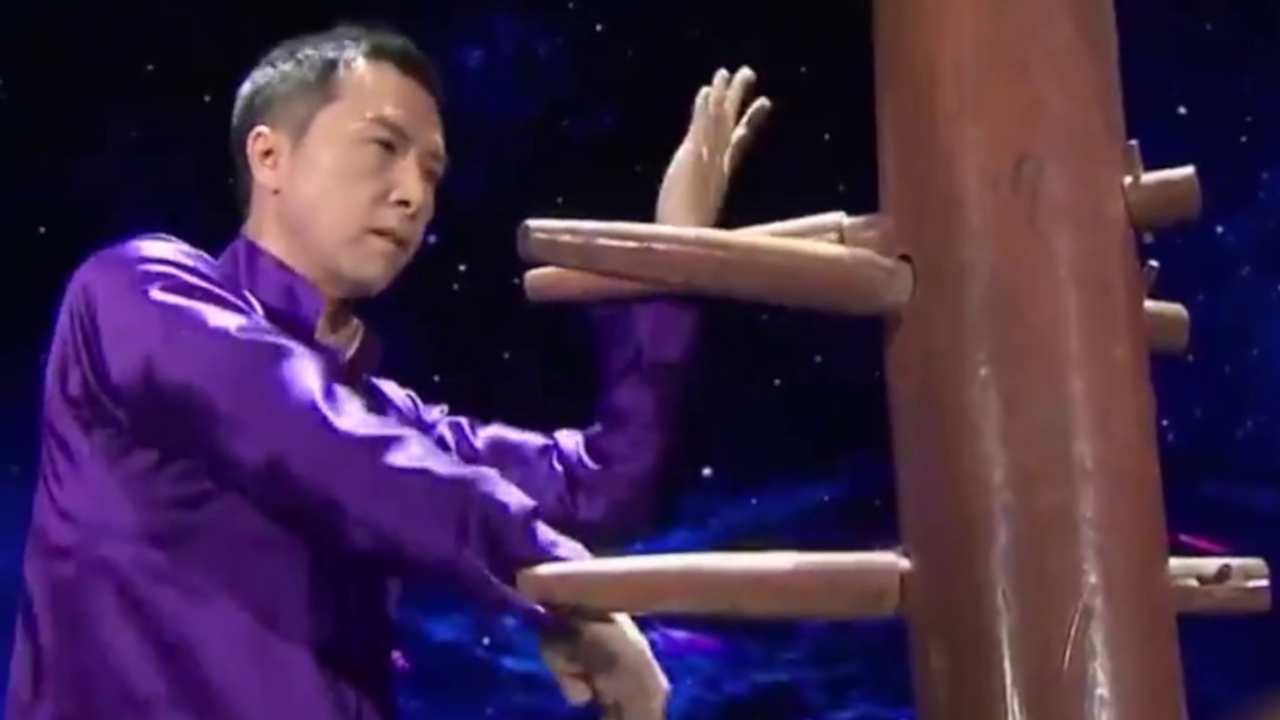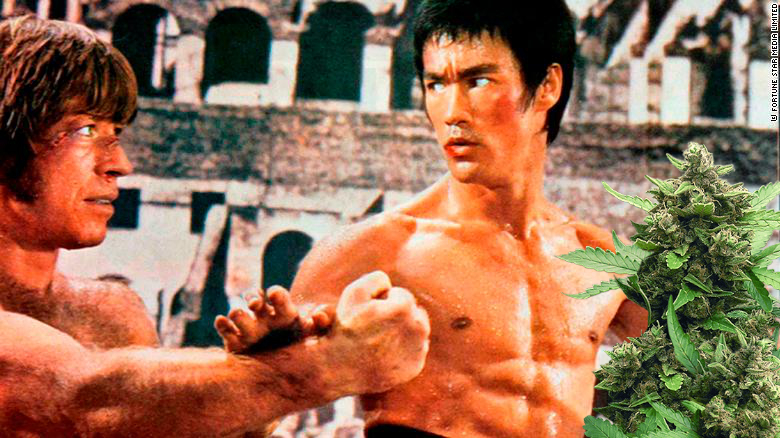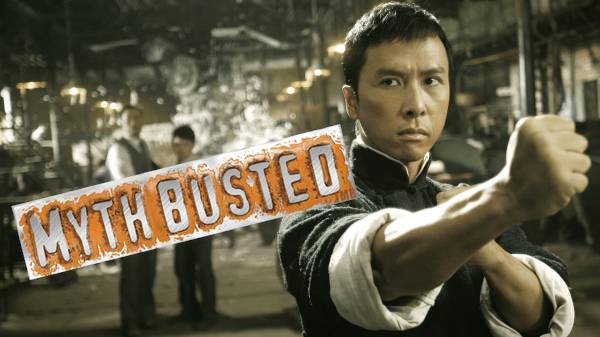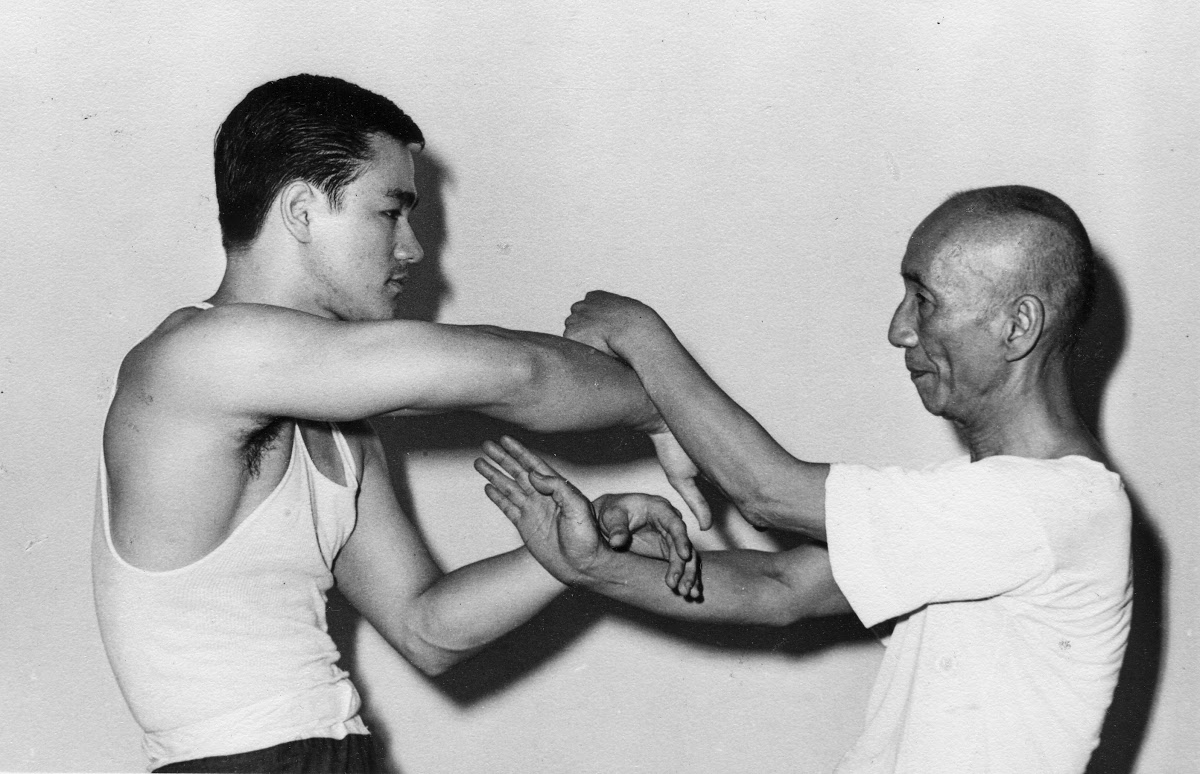Martial Arts Brotherhood: Building Stronger Bonds and Communities through Wing Chun
Reading time: 4 minutes
The practice of martial arts, such as Wing Chun, is often seen as a solitary journey of personal growth and self-discovery. However, beneath the surface lies a powerful social aspect that strengthens bonds, fosters camaraderie, and builds supportive communities.
The concept of martial arts brotherhood is particularly evident in the world of Wing Chun, where students and practitioners form close-knit relationships based on mutual respect and shared experiences. In this article, we will explore the ways in which Wing Chun helps cultivate a sense of brotherhood and community, enriching the lives of those who practice it.
Shared Goals and Collective Progress
One of the key aspects of martial arts brotherhood is the sense of shared purpose and collective progress. In Wing Chun, practitioners work together to improve their skills, challenge their limits, and deepen their understanding of the martial art.
Through regular training sessions, workshops, and seminars, students support and encourage one another, fostering a cooperative environment in which everyone can grow and learn. This shared commitment to self-improvement and mutual support helps to create a strong sense of camaraderie and belonging within the Wing Chun community.
The Importance of Respect and Humility

The values of respect and humility are central to the practice of Wing Chun and serve as the foundation for the martial arts brotherhood. Practitioners are taught to treat one another with courtesy and honor, recognizing that every individual has unique strengths and weaknesses.
By approaching each interaction with an open mind and a willingness to learn, students can develop genuine friendships based on trust and understanding. This mindset also extends to the relationship between teacher and student, with the traditional Chinese concept of "Sifu" emphasizing the importance of respect, loyalty, and gratitude.
Building Confidence and Social Skills
The practice of Wing Chun also helps to develop confidence and social skills, further contributing to the formation of strong bonds within the community. Through partner drills and sparring sessions, students learn to communicate effectively, trust their training partners, and become more comfortable in social situations. The supportive atmosphere within the Wing Chun community encourages practitioners to step out of their comfort zones, fostering personal growth and stronger interpersonal connections.
A Supportive Network Beyond the Training Hall
The martial arts brotherhood fostered by Wing Chun extends beyond the training hall, with practitioners often forming lifelong friendships and supporting one another in various aspects of life. Many Wing Chun communities organize social events, volunteer initiatives, and charity fundraisers, deepening the connections between members and promoting a sense of unity and purpose. This supportive network can be particularly valuable during challenging times, providing encouragement, understanding, and a helping hand when needed.
Conclusion
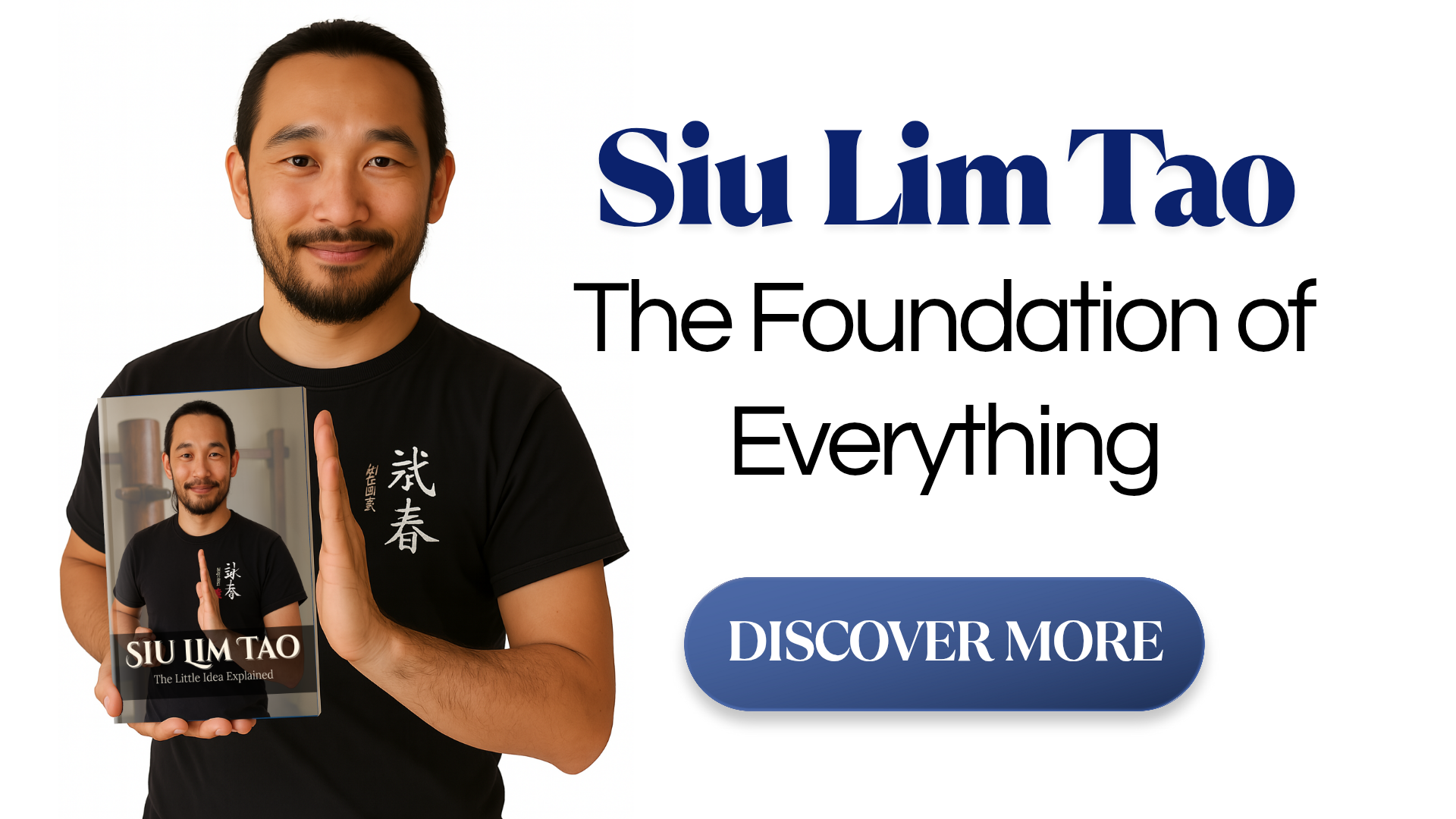
The practice of Wing Chun is more than just a means of physical self-improvement; it is also a powerful vehicle for forging lasting connections and building vibrant communities. Through a shared commitment to personal growth, mutual respect, and genuine friendship, practitioners can cultivate a strong sense of martial arts brotherhood that enriches their lives and the lives of those around them.
As we wrap up our exploration of Wing Chun's impact on communities and individual relationships, we encourage you to delve deeper. If you're inspired by the idea of unity through martial arts and keen to start your own journey, our e-book 'Wing Chun: Practical Introduction to Self-Defense''could be your perfect guide. It not only explores the physical techniques but also imparts the philosophy that nurtures a spirit of brotherhood.
Remember, every punch, every block, every move you make in Wing Chun is a step toward building a stronger, more inclusive community. The skills you learn are not just for self-defense; they're tools to cultivate deeper bonds, to illuminate the true essence of Wing Chun. The journey of learning never ends, and with our e-book, it's just a click away.
Thank you. Your comment will be approved shortly.
Comments
Thank you. Your comment will be approved shortly.
Thank you. Your comment will be approved shortly.
Thank you. Your comment will be approved shortly.
Thank you. Your comment will be approved shortly.
Thank you. Your comment will be approved shortly.

